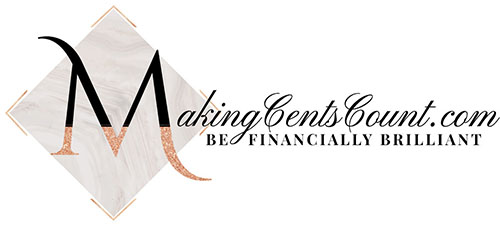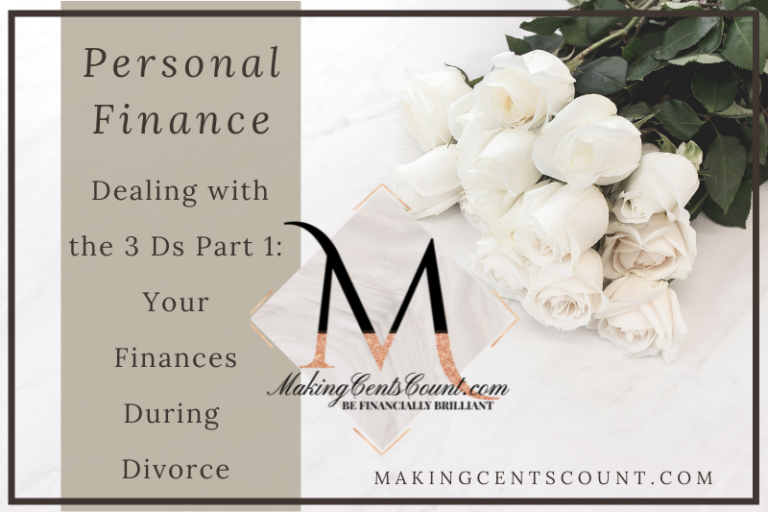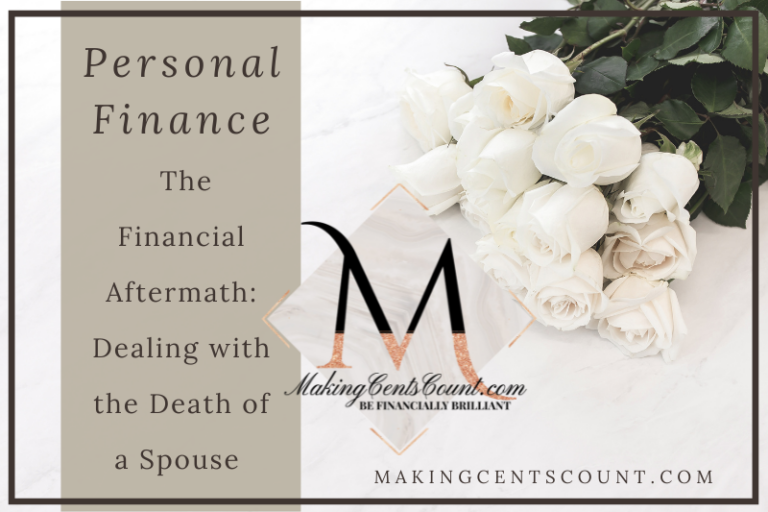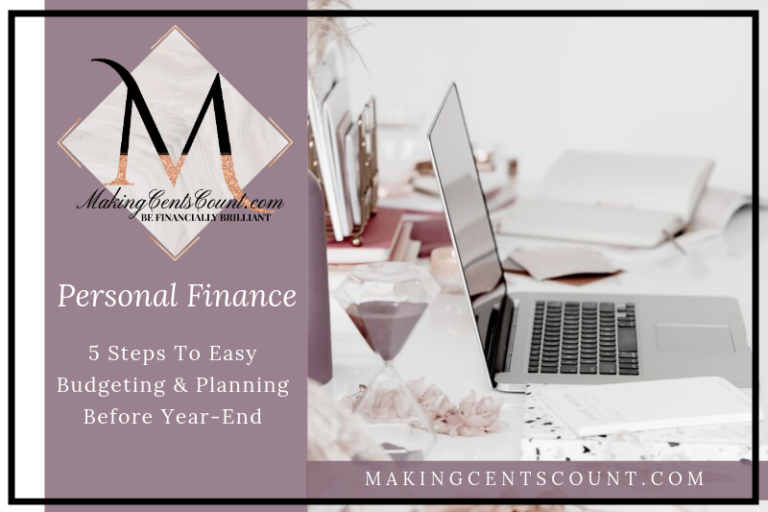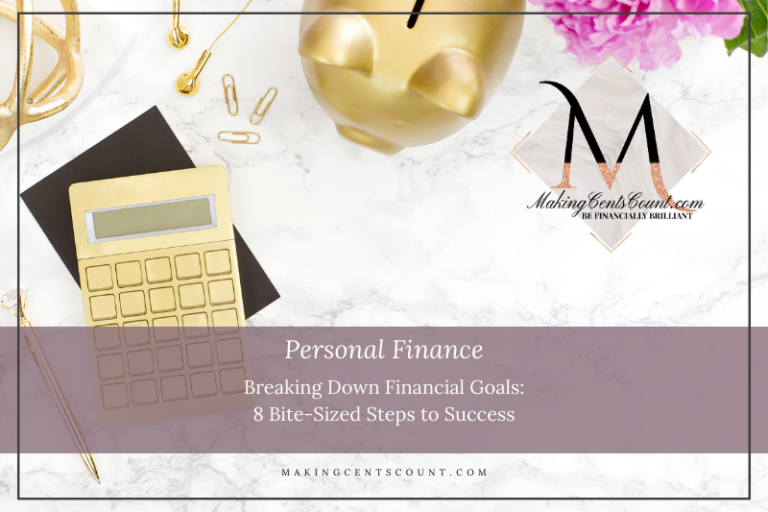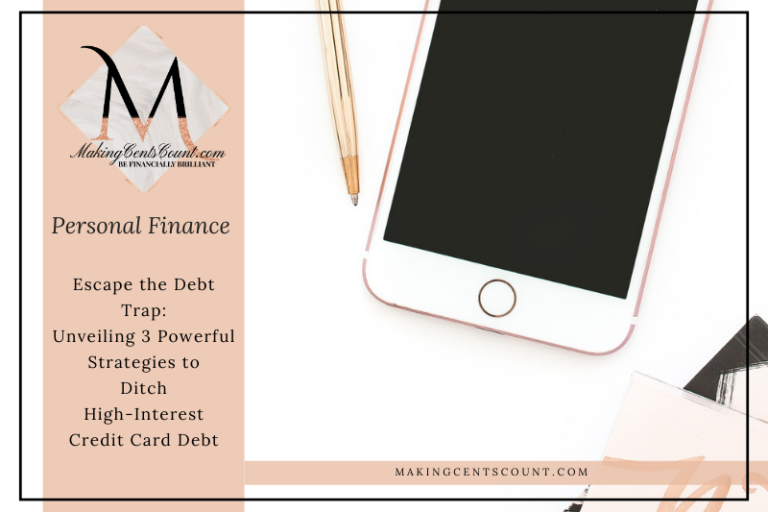The Art of Budgeting with a Credit Card: Smart Tips + Tricks
Estimated reading time: 11 minutes
The art of budgeting with a credit card may seem intimidating initially. Nevertheless, armed with the right tips and tricks, it can become an effective tool for managing your finances. Through meticulous planning and disciplined usage, you can leverage a credit card to optimize your spending. By comprehending the nuances of maintaining a balanced budget with a credit card, encompassing setting spending limits, avoiding unnecessary expenses, capitalizing on rewards, and promptly settling balances, you can effortlessly enhance convenience while staying in control of your financial well-being.
Table of Contents
- Plastic Showdown: Unveiling the Battle of Credit Cards vs. Debit Cards
- Financial Organization: How Credit Cards Can Revolutionize Your Spending
- Budgeting Bliss: Maximize Benefits with a Credit Card
- Credit Card Distinction: Matching Plastic to Your Varying Needs
- Simplify Tax Prep: Unleash the Power of Dedicated Credit Cards
- Level Up Your Finances: When to Assess and Reevaluate Your Budget
- The Power of Efficiency: Revolutionize Your Bill-Paying System
- Your Finances: Top Apps for Credit Card Budgeting and Financial Tracking
- Payment Perfection: Mastering Bills and Credit Cards with Streamlined Efficiency
- Making Cents Count Financial Organizer
Are you ready to start investing, control your finances, and prepare for retirement? Join our amazing community! You’ll receive exclusive financial tips from Making Cents Count, as well as unlimited FREE access to our resource library full of money-saving tools and guides.
Plastic Showdown: Unveiling the Battle of Credit Cards vs. Debit Cards
When it comes to the credit card vs. debit card debate, credit cards are often unfairly criticized. If you’ve had debt issues before, it’s understandable why this perception exists. People often mindlessly swipe their cards, only to remember the impending payment when the monthly statement arrives. Or they get trapped in a debt cycle with high-interest cards, where they can’t keep up.
Debit Card Mastery: Second Nature for Financial Convenience
Naturally, the use of debit cards has become second nature to most of us. Gone are the days of manually writing checks, followed by the meticulous process of reconciling and balancing our checkbooks with every purchase. We maintained a running total and possessed a constant awareness of our available funds.
These days, most people have a rough idea of their checking account balance, but not everyone knows the exact number. If you don’t check your account every day, reconcile your bank statements monthly, and keep track of your debit spending, it’s easy to look back at the month and wonder where all your money went. Don’t worry, it happens to the best of us!
Confusion Compounded: Unraveling the World of Credit Cards
Not properly managing credit cards can add to the confusion. I’ve come across individuals with wallets brimming with credit cards, simply hoping one will be accepted when it’s time to pay. If you find yourself swiping and hoping for the best, it’s time to take charge of your credit cards. They can actually be a useful tool. Budgeting with credit cards can assist in organizing your finances effectively.
I used to have all my expenses coming out of my checking account via the debit card, while also relying on multiple credit cards to supplement my spending. However, I soon realized that depending solely on my debit card wasn’t a wise choice. Not only was it unsafe, but it also exposed me to the risk of fraud. Furthermore, it made it too easy for me to lose track of my expenses.
Imagine the havoc someone could wreak if they got hold of your debit number! They could drain your checking account faster than you can say “fraud”. And although banks do have fraud protection, it’s a hassle when you’re left with almost no money in your account while they investigate. If you’re not checking your account daily, you might not even notice until your card gets declined.
Financial Organization: How Credit Cards Can Revolutionize Your Spending
Once I thought about my financial risks, I decided to really get my personal finances cleaned up and under control. I have simplified my monthly debit card charges to just one—thanks to the auto-fill feature on my Starbucks app (I can’t resist those Chai Tea Lattes). To manage the rest of my expenses, I leverage credit cards for better spending organization and rely on apps to assist me in tracking my finances.
Budgeting Bliss: Maximize Benefits with a Credit Card
Budgeting with a credit card brings numerous advantages. Beyond the convenience of fraud protection and easily manageable statements, many companies offer enticing discounts and rewards. What’s more, most credit card providers seamlessly integrate with financial apps, empowering you to vigilantly oversee your budget with ease.
Credit Card Distinction: Matching Plastic to Your Varying Needs
So, if you’re thinking about transitioning to using only credit cards, the initial step is to evaluate the cards you currently have. How many credit cards do you possess? Do you keep a balance from one month to another? Do you utilize distinct credit cards for different needs?
For example, some people use one card for regular monthly expenses like their gym membership, Netflix, Amazon Prime, and other reoccurring memberships. They may use another one for business expenses only. Another may be used for travel expenses such as flights, Uber or Lyft rides, meals, gas and so on.
Simplify Tax Prep: Unleash the Power of Dedicated Credit Cards
Personally, I find it convenient to have one debit card and three credit cards, each serving a specific purpose. This way, when it’s tax time, I can easily categorize and organize my spending. As a general rule, I use my credit card for any expenses beyond regular bills, which are conveniently scheduled for automatic withdrawal from my checking account. It keeps things simple and organized!
So, diving into the credit card vs debit card debate, consider how your monthly payments are currently handled. Are they automatically deducted from your checking account via EFT, or do you need to make a conscious effort to go online and pay them? Maybe you’re still paying by check? Keep in mind that if you opt for manual payments, you’ll have to remember to log in and make the payment every month to avoid additional late fees and accrued interest.
Level Up Your Finances: When to Assess and Reevaluate Your Budget
You’ll want to assess your financial activity over the course of a few months. This is a great opportunity to reevaluate your budget. Take a look at the late fees you’ve incurred before and check if you’ve been keeping up with your payments on time. If not, no worries! You can tackle this issue by setting up a bill pay service through your bank or using user-friendly online software to track your bills. If you prefer the old-fashioned way, create a system to keep track of your bills when they arrive in the mail. Remember to set up a calendar with due dates, so you never miss a payment whether online or by mail.
The Power of Efficiency: Revolutionize Your Bill-Paying System
Check out our free resource library for simple forms that can assist you in setting up your budget and evaluating your current bill-paying system. By becoming a part of our online community, you’ll unlock a wealth of fantastic financial resources to help in your planning! Simply enter your email and you’ll gain access to the full Making Cents Count resource library and become part of our community.
If managing your budget with credit cards seems daunting, no need to worry! There are plenty of user-friendly apps available to help you seamlessly track your spending, checking account balance, and credit card balances (including payment due dates).
Your Finances: Top Apps for Credit Card Budgeting and Financial Tracking
Mint
Mint is a simple app that connects all of your bank accounts, credit cards, and monthly bills. I love how it offers an all-in-one solution to help you create a budget and track your spending. With Mint, you’ll just need to take a quick glance at your phone to know what’s coming up, what’s due, and what’s on the horizon. It puts everything on autopilot, so you don’t have to stress about it. This is perfect if you prefer a “hands-off” approach to your bills. It’s an easy way to keep track, and the best part? It’s completely free. I highly recommend Mint as a great app for budgeting and tracking your expenses.
Wally
If you’re searching for a more comprehensive solution, Wally is a fantastic app to consider. It’s perfect for keeping close tabs on your expenses, from those little personal ones to unexpected impulse buys. You can even snap quick photos of your receipts, making it super convenient to access records later on. Plus, if you activate the geolocation feature on your phone, Wally will autofill information for you. With Wally, you’ll have great control and insights into where your money is going. And the best part? It’s completely free, with exciting Premium upgrade options on the horizon!
Tycoon
Tycoon is hands down my favorite financial app. It’s perfect for freelancers, side hustlers, and anyone juggling multiple revenue streams and bills. With Tycoon, you can easily manage all your data and standardize project details, giving you a clear financial outlook. It keeps track of incoming and overdue payments, acting as your trusty balance sheet right in your pocket. I’m absolutely hooked on it!
So, if you’re looking to get things organized and make progress, there’s an app that can lend a hand. Mint is just right for budget beginners, Wally is great for keeping track of expenses, and Tycoon is an excellent solution for those who are self-employed or freelancing.
Payment Perfection: Mastering Bills and Credit Cards with Streamlined Efficiency
Key advice I always share with everyone is the importance of standardization. Yes, it may limit spontaneity at times, but unfortunately, excessive spontaneity in financial matters can wreak havoc on your budget. It is crucial to strike a balance and establish consistent practices to ensure financial stability.
By allocating expenses to different cards, automating bill payments, and utilizing tracking apps, you can save a significant amount of time in the future. The benefits of automation and credit card tracking during tax season cannot be overstated. Also, this approach enables you to effectively manage your time and stay informed about your expenses, spending habits, and due dates.
Controlling Your Plastic: Unveiling Effective Strategies for Managing Credit Card Balances
Most people carry some type of credit card balance. Life happens and some months get more expensive than others. What’s important is setting up strategies to ensure your balance doesn’t get too far out of hand. When you’re not paying attention to your expenses, that’s when finances start to spiral out of control. The best rule is to pay off your balance regularly, if possible. Paying it down monthly or every few months will keep you from wasting money on interest.
Credit cards can be a valuable tool for monitoring your finances. However, it’s crucial to maintain a realistic understanding of your own limitations. I’ve witnessed certain clients who faced challenges with the perceived “freedom” of credit cards and ended up in difficult situations.
If you find yourself in trouble, remember to work with your creditors. The IRS is always ready to assist if you reach out to them. Additionally, most medical billing companies are willing to find a solution together. We understand that dealing with financial difficulties can be scary and embarrassing, but ignoring the issue will only make it worse. Don’t hesitate to take action and seek the help you need.
The Power of Well-Managed Credit Cards: Unlocking Effective Money Management
If you’re keen on taking charge of your finances but not sure where to start, begin by getting your credit cards organized. Use them as useful tools to track and manage your money with ease. By assigning different expenses to each card and practicing responsible management, credit cards can become your trusted allies.
Crush Debt, Embrace Freedom: Mastering the Debt-Free Life Concept
If you’re feeling overwhelmed or concerned about your credit card debt, there’s a fantastic method for paying it off called the “Debt Free Life” concept. In just nine years or less, you can eliminate your debt without spending any extra money. You can gradually pay off all your debts while saving for retirement – all without spending any extra money. With Debt Free Life, you can secure a bright financial future for your family and enjoy tax-favored income during retirement.
Making Cents Count Financial Organizer
If working on your finances is one of your goals right now (or, maybe it’s been a goal for some time), I suggest starting with the Making Cents Count Financial Organizer.
Our financial organizer is the robust answer you need. The organizer is our DIY financial services option, providing you with the tools to eliminate financial overwhelm.
In the exclusive Making Cents Count Financial Organizer, you’ll get:
- Clear strategies to get your finances under control
- Processes to organize and streamline your investments
- Guidance to track your legal documents, tax information, and permanent records
- Markers to know when you should meet with an attorney to establish a will or trust
- Templates, checklists, and step-by-step actions
- Insights on the financial-must haves to build a secure future
- Detailed How-To Guide for optimal results
If you want financial confidence, grab the Financial Organizer, and get results that fit *your* lifestyle!
Making Cents Count Financial Organizer
Once you get your budget rolling, check out my post on 6 Simple Steps to Get Financially Organized. This post also includes a helpful checklist available in my Resource Library (free to access).
Admittedly, this particular checklist has a larger-scale focus on your overall financial picture, but I genuinely feel that getting your finances organized is essential.
I’m so excited to invite you to join our Financial Success Society Waitlist! Our enrollment opens soon (so don’t miss a chance to get on the notification list). Your journey to financial success is unique and with this exclusive membership, you’ll receive the guidance you desire, enabling you to move financially forward, no matter where you are in your financial journey. At Making Cents Count, we offer an array of outstanding products and services to help you get control of your finances so they won’t control you!
